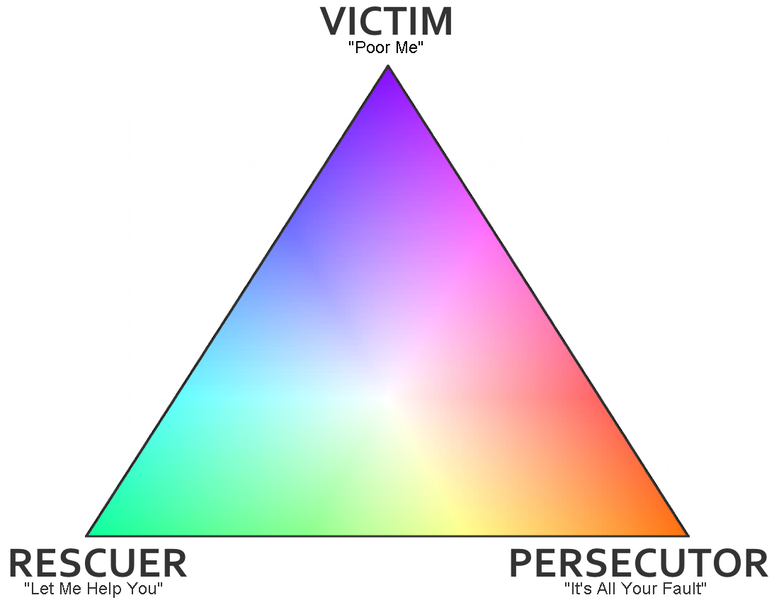Let us briefly consider exactly what is "America's Stake in Vietnam":
(1) First, Vietnam represents the cornerstone of the Free World in Southeast Asia, the keystone to the arch, the finger in the dike. Burma, Thailand, India, Japan, the Philippines and obviously Laos and Cambodia are among those whose security would be threatened if the Red Tide of Communism overflowed into Vietnam. In the past, our policy-makers have sometimes issued contradictory statements on this point - but the long history of Chinese invasions of Southeast Asia being stopped by Vietnamese warriors should have removed all doubt on this subject.
Moreover, the independence of a Free Vietnam is crucial to the free world in fields other than the military. Her economy is essential to the economy of Southeast Asia; and her political liberty is an inspiration to those seeking to obtain or maintain their liberty in all parts of Asia - and indeed the world. The fundamental tenets of this nation's foreign policy, in short, depend in considerable measure upon a strong and free Vietnamese nation.
(2) Secondly, Vietnam represents a proving ground of democracy in Asia. However we may choose to ignore it or deprecate it, the rising prestige and influence of Communist China in Asia are unchallengable facts. Vietnam represents the alternative to Communist dictatorship. If this democratic experiment fails, if some one million refugees have fled the totalitarianism of the North only to find neither freedom nor security in the South, then weakness, not strength, will characterize the meaning of democracy in the minds of still more Asians. The United States is directly responsible for this experiment - it is playing an important role in the laboratory where it is being conducted. We cannot afford to permit that experiment to fail.
(3) Third and in somewhat similar fashion, Vietnam represents a test of American responsibility and determination in Asia. If we are not the parents of little Vietnam, then surely we are the godparents. We presided at its birth, we gave assistance to its life, we have helped to shape its future. As French influence in the political, economic and military spheres has declined in Vietnam, American influence has steadily grown. This is our offspring - we cannot abandon it, we cannot ignore its needs. And if it falls victim to any of the perils that threaten its existence - Communism, political anarchy, poverty and the rest - then the United States, with some justification, will be held responsible; and our prestige in Asia will sink to a new low.
(4) Fourth and finally, America's stake in Vietnam, in her strength and in her security, is a very selfish one - for it can be measured, in the last analysis, in terms of American lives and American dollars. It is now well known that we were at one time on the brink of war in Indo-china - a war which could well have been more costly, more exhausting and less conclusive than any war we have ever known. The threat to such war is not now altogether removed form the horizon. Military weakness, political instability or economic failure in the new state of Vietnam could change almost overnight the apparent security which has increasingly characterized that area under the leadership of Premier Diem. And the key position of Vietnam in Southeast Asia, as already discussed, makes inevitable the involvement of this nation's security in any new outbreak of trouble.



 Reply With Quote
Reply With Quote








 )
)

Bookmarks